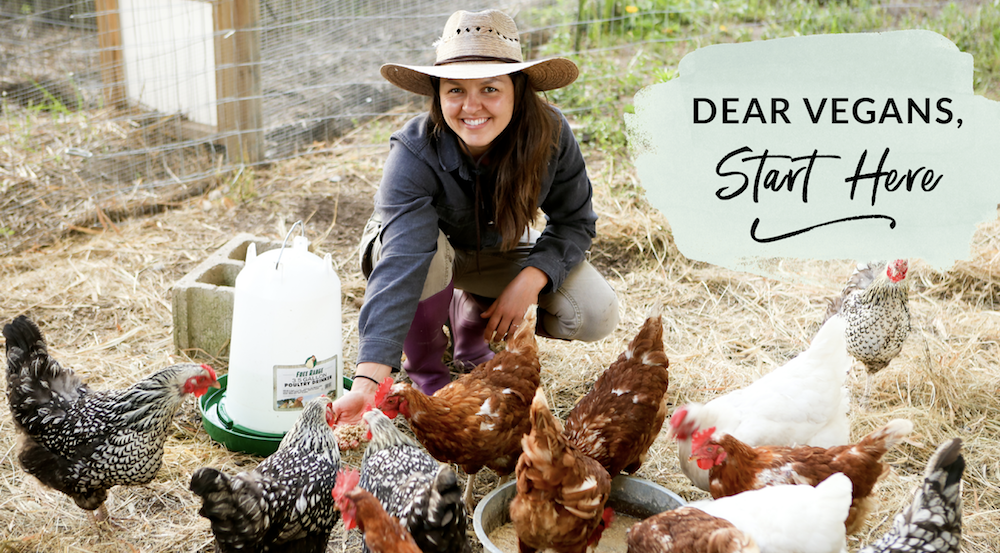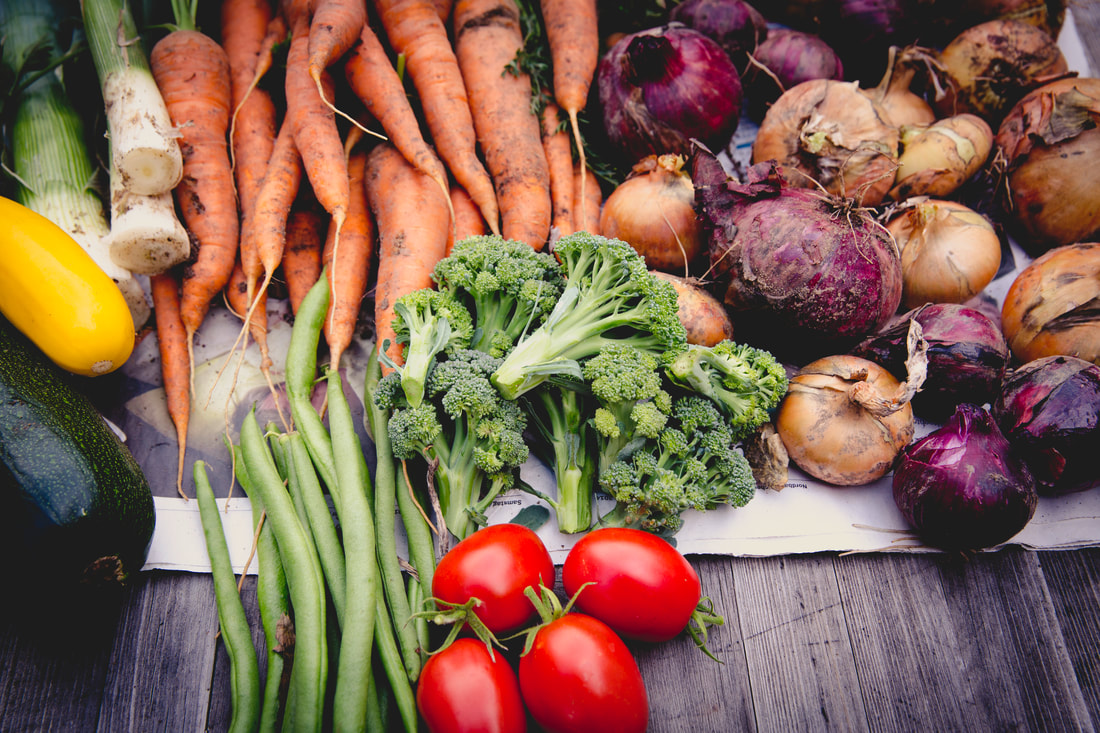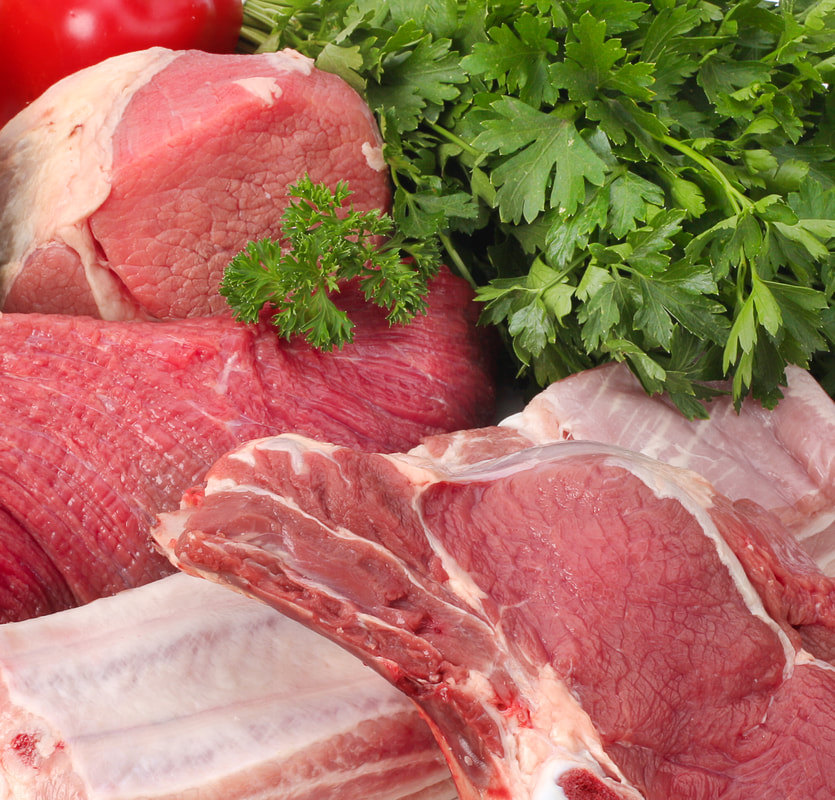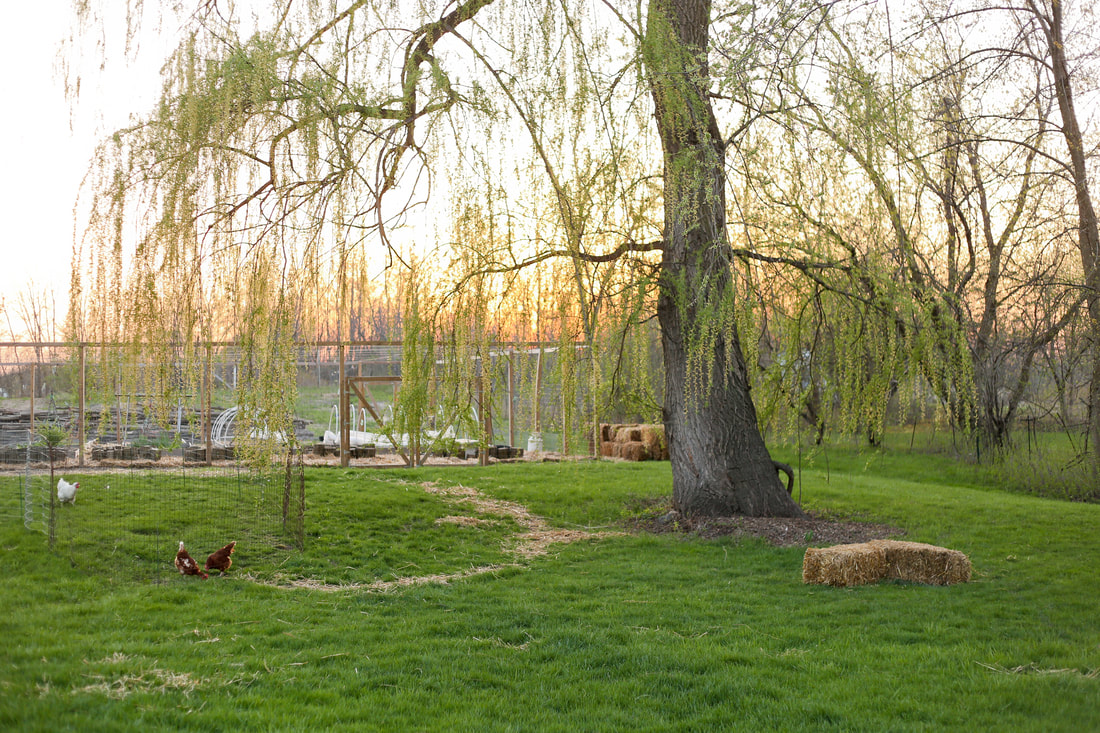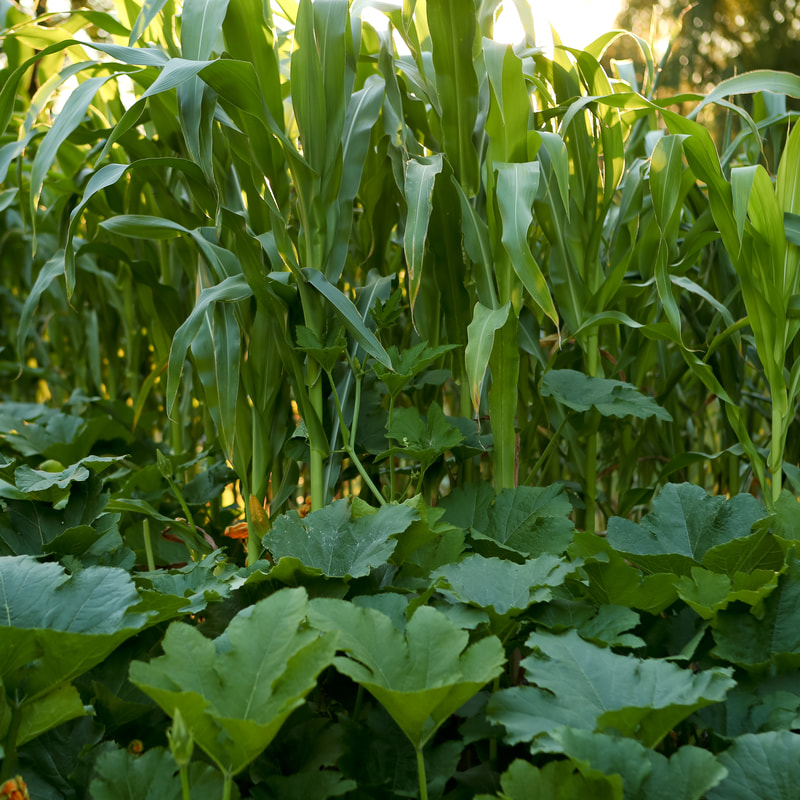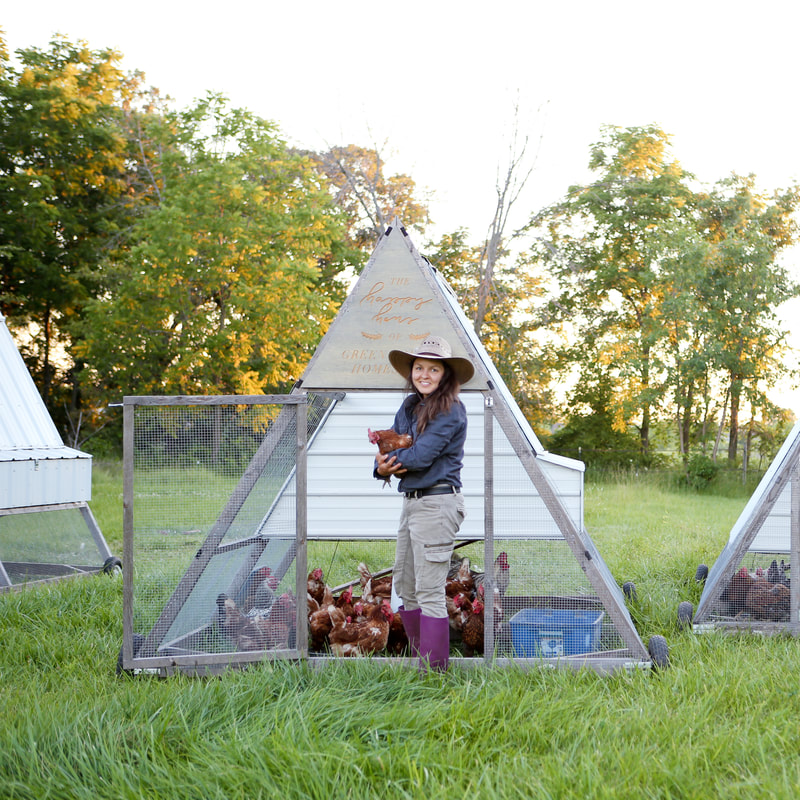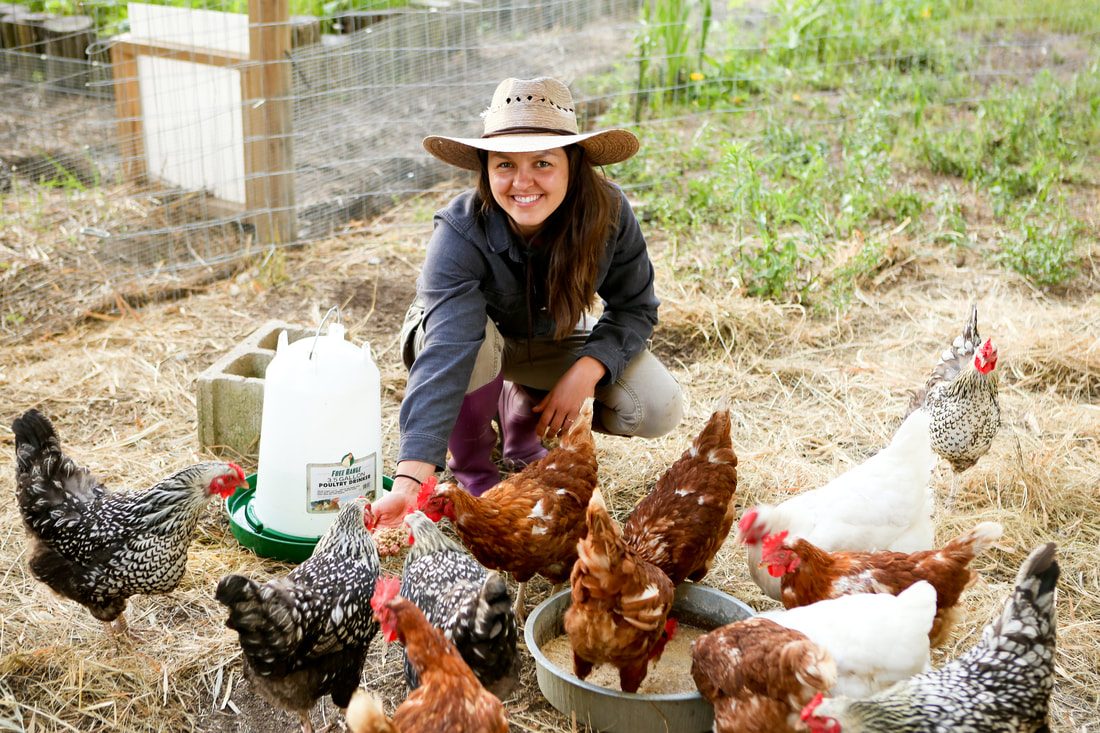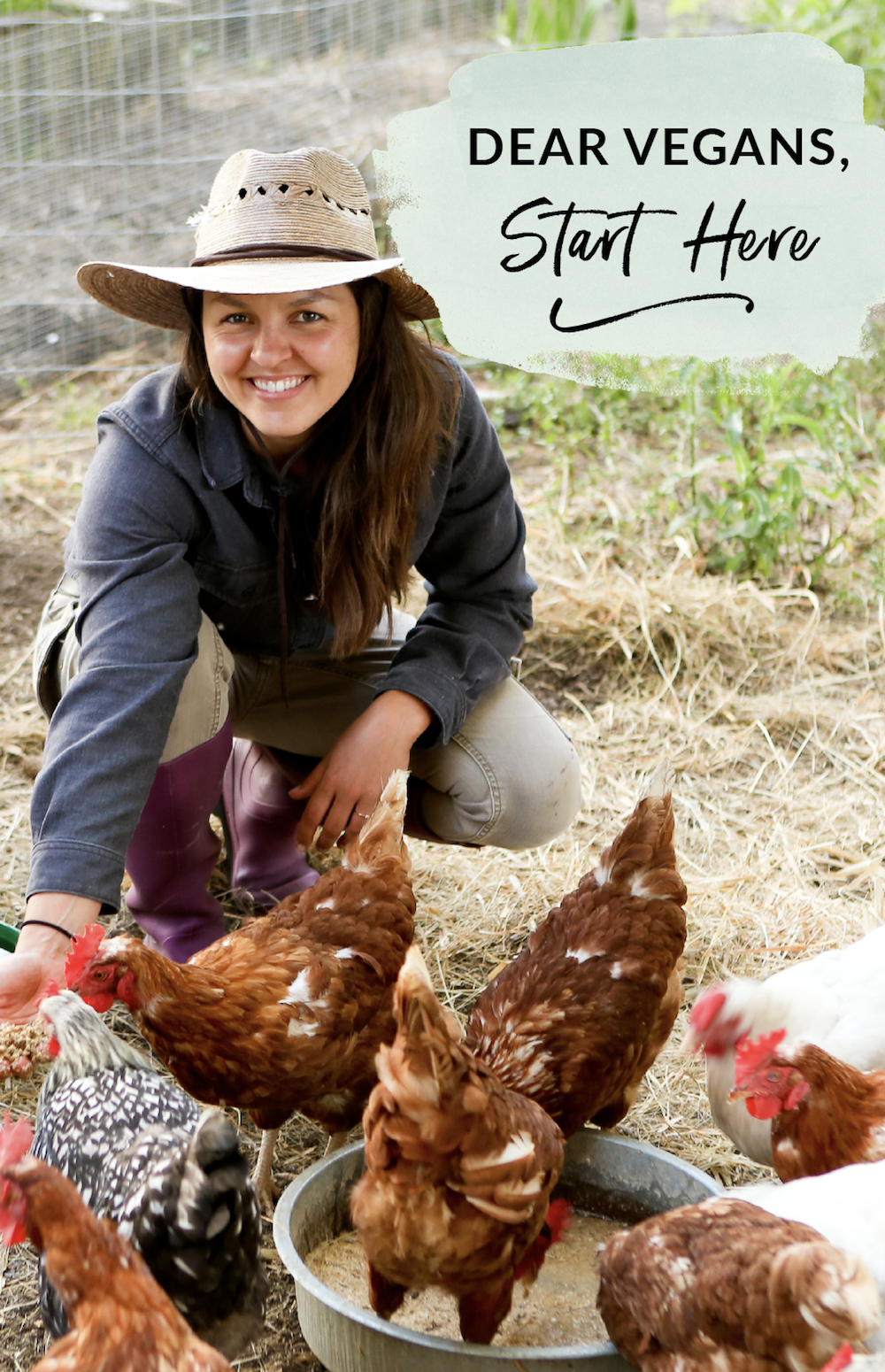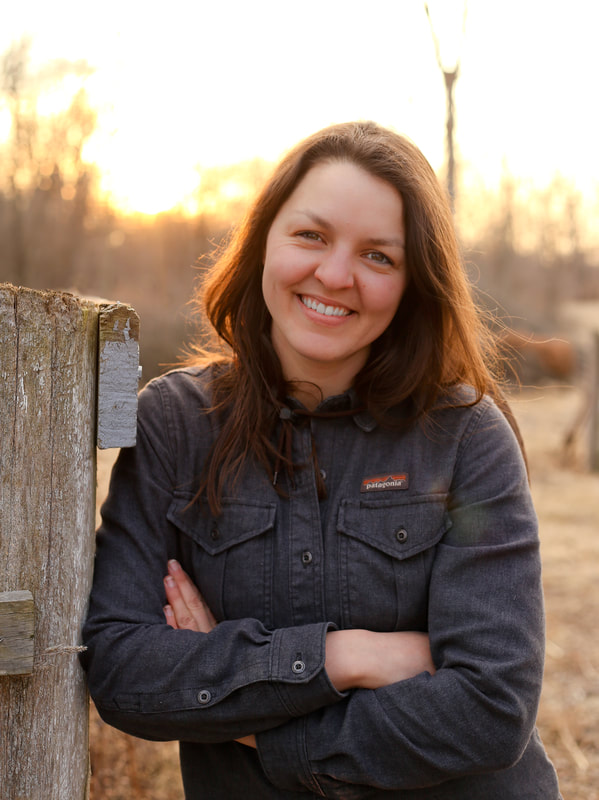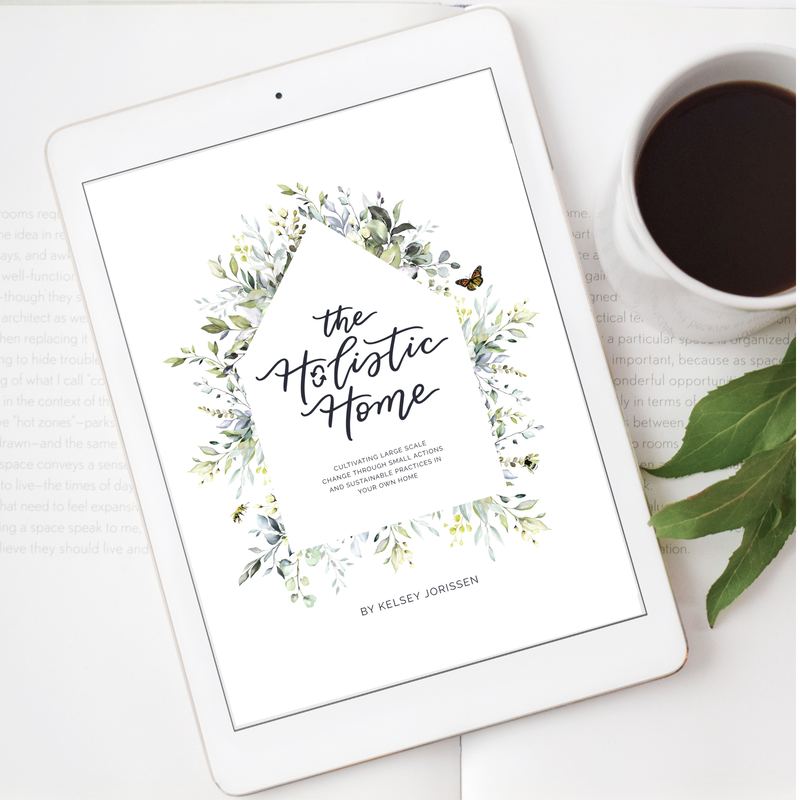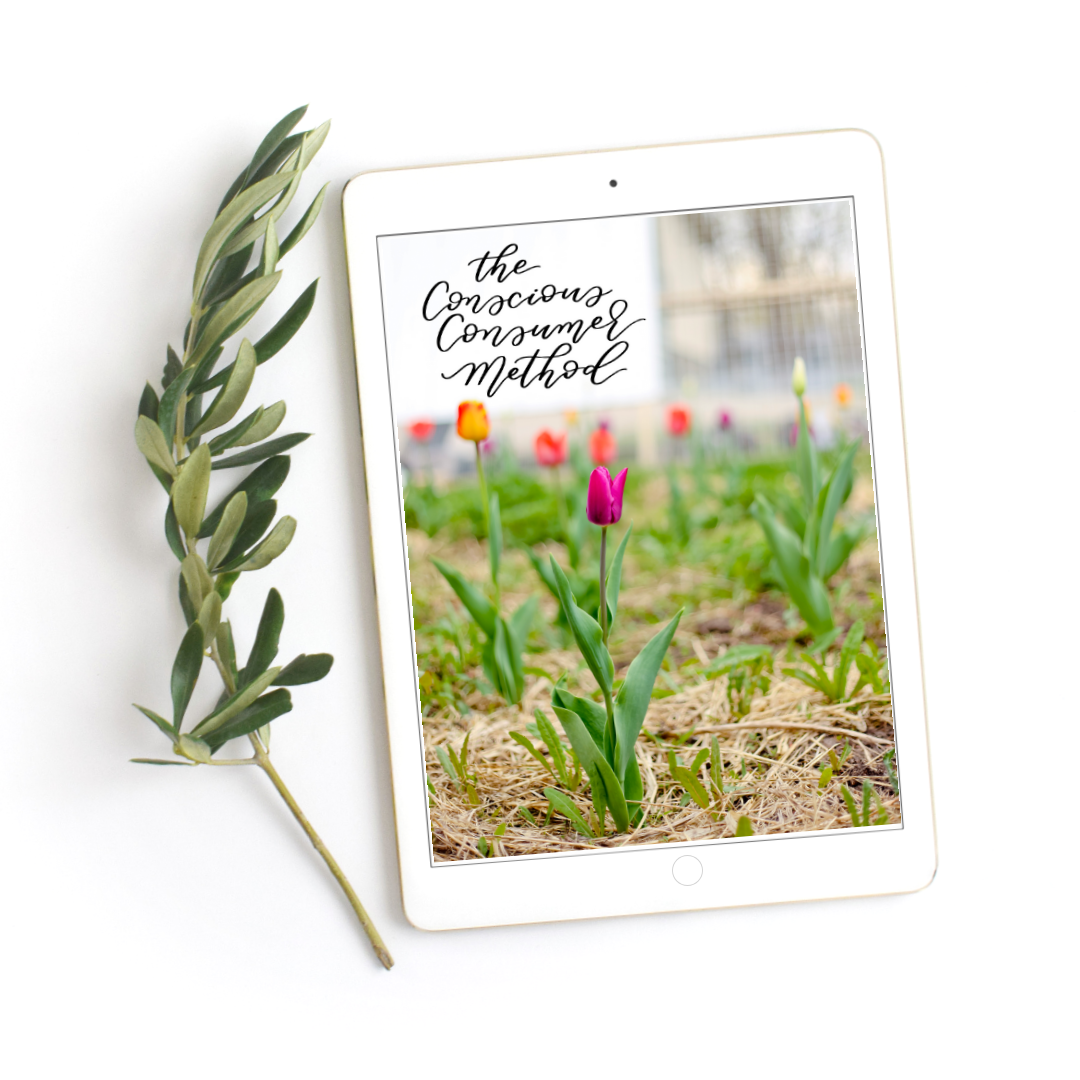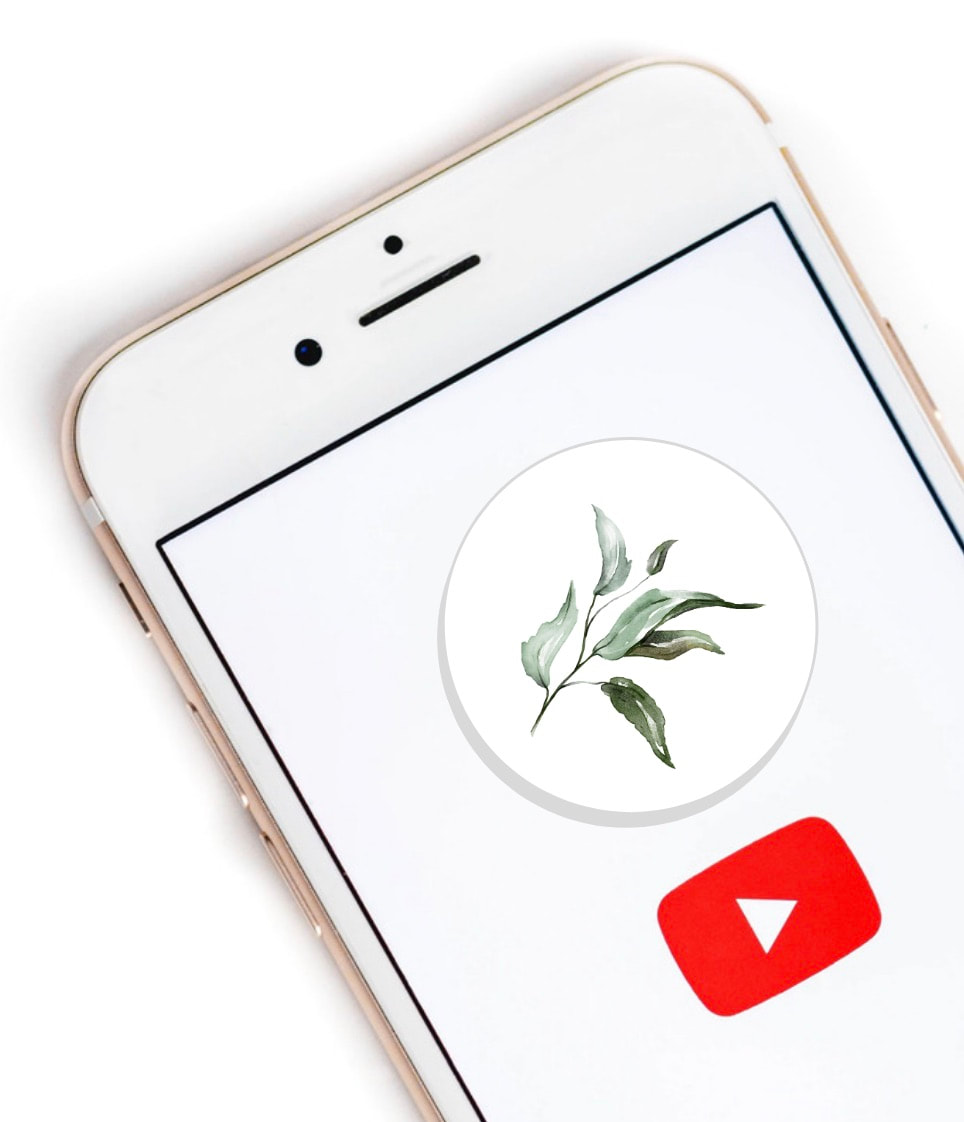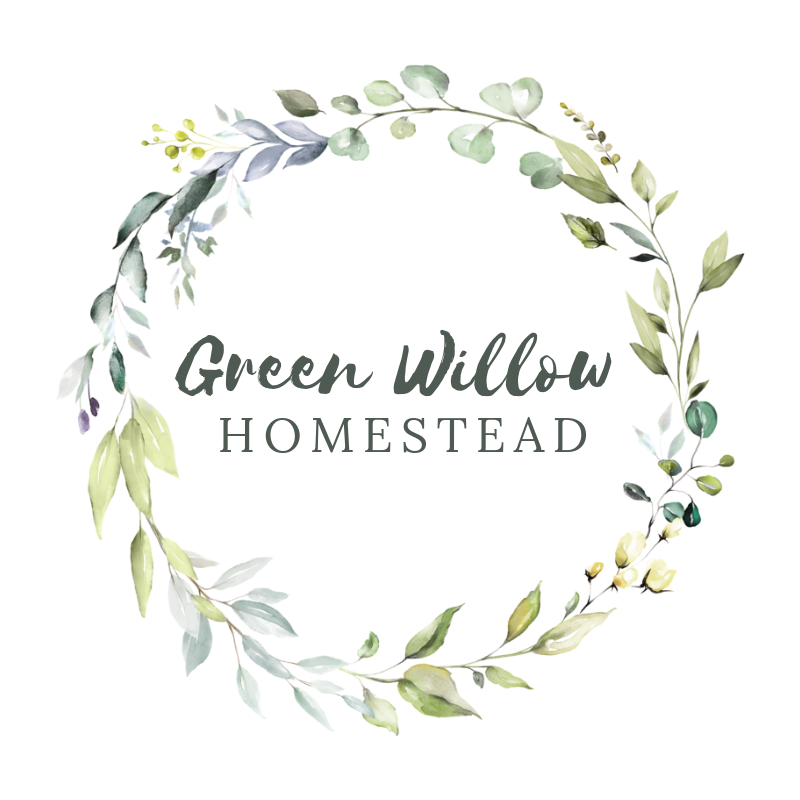|
Let me begin by saying I was where you are once. In 2008, I watched Forks Over Knives and was utterly appalled. So impassioned by my realization of what factory farms have done to animals, the environment, and public health - I launched into four years of veganism, even bringing my immediate family along with me. I was a healthy vegan too, no Oreos and french fries here. I cooked with organic vegetables, tofu, and brown rice. I stayed away from processed vegan cheeses and franken-meats. I steamed everything and shunned saturated fats from animal sources. Hear me when I say I read all the vegan books, plant-based blogs, and worked hard to understand the problems with factory farming. So the reason you are here is that you left a comment on one of my posts, sent me a DM, or emailed me and said something related to veganism. I am writing this so that I don’t have to exhaust myself every single time I am met with a vegan and their opinion. Please read all of this before you respond, that way we start on the same intellectual page if you still choose to interact with me. If you are here as an omnivore in hopes of diving into my perspective more, welcome! I hope you read to the end as well. I’ve been met by a number of statements and arguments by vegans that I want to flush out so you don’t jump to conclusions about me, our farm, and sustainability as a whole. Not All VegansWhen I share my experiences with vegans, post my thoughts, and speak up - I am not lumping all vegans into one singular group. Please know that. I do not believe that all vegans are angry disasters. What I do believe is that some vegans are extremely zealous and hostile. What I’ve discovered is that, unfortunately, they yell the loudest. I share these bullying experiences online because I think it’s important for all of us to see what ignorance can do to people. Ignorance calls people names, it tells people to shut up, it can even ask you politely to silence your opinion completely because it makes them feel uncomfortable. So if you are choosing to be vegan because you’re not able to afford pastured meat, you don't want to eat meat until you can be fully responsible for it, you simply don’t like the taste of meat, or you don’t bully people online - it’s cool, you do you boo. Generalizations fail to take into consideration the nuances of individual people and their individual experiences. They are prejudices in sheep's clothing and I want no part in it. "Veganism Is The Healthiest Diet"N=1 experimentation here, I was terribly unhealthy as a vegan. I lost my menstruation cycle, I had brain fog, I suffered debilitating joint pain, and had no energy. Again, I ate organic vegetables and tofu like my life depended on it. I supplemented and sought the advice of a naturopathic doctor to get to the bottom of it. The takeaway here is my vitality did not return to normal until I started eating pastured meat and saturated fat from pastured animals again. I recently took 23andMe’s health genetic testing and found out I have some genetic polymorphisms that render me unable to process plant-based omega-3s, vitamin D-2, beta-carotene, and certain forms of B vitamins. This explains a lot pertaining to my journey. Nearly 40% of the population has reduced vitamin B intake because of the MTHFR gene mutation, myself included. Some people even have two copies of the mutation, which results in a 70% decrease in vitamin B12 conversion (again, myself included). The non-fortified bioavailable form of B12 only comes from meat sources. From experience, I can tell you a deficiency like this is absolutely debilitating. Vitamin B12 is just one of several essential vitamins and minerals that you can only get from meat sources. Having to take numerous supplements and find nutritional workarounds that require extreme processing and then shipping for hundreds of miles is not sustainable in my book. I’d rather benefit my local regenerative farmers and keep capital circulating in my community. If you have experienced the opposite, that eating meat is hard on your body and your digestion, that's okay too. I'm only countering the notion that veganism is the be all end all healthiest diet. So through my own experience and research, no, I will not agree with you if you think veganism is the healthiest diet. If you want to read more on genetic polymorphisms, see actual studies, and understand how polymorphisms interact with your diet, Dr. Rhonda Patrick is a great source. "Veganism Is The Kindest Way To Eat"This statement is so rife with first-world privilege I get physically ill when I hear it. If you claim that eating a plant-based diet is kinder, you are disregarding the entire supply chain of the food system. Suffering exists for the illegal immigrant citrus farmers in Florida who work 16 hour days to get oranges in your fruit bowl. Suffering exists for the indigenous tribes who are forced off their land so mega food corporations can grow the corn, soy, and wheat you consume. Suffering exists for the ecosystems that are destroyed in the name of mono-crops like the soybeans used to make your tofu. The list goes on and on. You are also giving into what I call a “perceived hierarchy of death.” You see death as inherently unkind, but only when it comes to specific species. This perceived hierarchy of death puts certain species’ lives above others, including the livelihood of other human beings who harvested your food so it could be on your plate. How are you not murdering plants when you harvest them, killing cotton when you wear it, and slaying algae when you supplement with it? “It’s just different,” they say in response. How do you know? I don’t feign to know what it’s like to be a chicken or a tomato, but I respect them both equally and cherish their contribution to my health and vitality. What I do see, ultimately, is a fear of death. To put death on a sliding scale like this translates to being batshit scared of what’s on the other side. I discovered this fear in myself when I was vegan. Through lots of learning, self-discovery, and painful realizations, I have come to see death as a transition point and the most important contribution to a closed-loop cycle. Bones and body decay to provide the soil life what it needs to keep producing food so other species can survive and thrive. I see now that death is actually a gift when it comes to sustainability. So if you are refusing to accept death as inevitable and equitable, I encourage you to ask yourself why. I will not agree with you that veganism is the kindest way to eat. Required Reading: Fresh Fruit, Broken Bodies by Seth Holmes "Being Vegan Is The Only Way To Go Green"This logic is a black and white fallacy. By putting the qualifying statement of “only” here, you are purposefully blind to the thousands of regenerative farmers boosting soil life and sequestering carbon from the atmosphere. You are also blind to the environmental fallout of mono-cropping systems which grow the soy, wheat, and corn you eat. Let me rephrase, veganism is a way to go green. If you are opting out of factory farmed meats, then, of course, you are helping. If you are forgoing fish because it’s not sustainably harvested, then, yes, you are helping. If you are getting all your fruits and veggies locally from farmers you know and trust, then holy smokes you are awesome and you are helping. Saying that veganism the only one singular way to go green is ignorant, it shows you have read only one side of the argument, and it shows that you don’t understand the nuances of our food system. Thus, no, I will not agree with you if you are saying veganism is the only way to go green. Required Reading: What Are Closed Loop Cycles And Why Do They Matter? "If You Are Farming With Animals Then You Are Not Being Sustainable"I am going to counter with the following questions. I want you to answer them. Have you ever worked on a regenerative or organic farm? Have you ever visited a regenerative or organic farm? Have you studied any permaculture farming techniques? Have you ever composted and kept a vegetable garden? If you answered yes to any of these statements and you still feel like animals need to GTFO of agricultural models then we can talk. If you have never been to, worked on, or read about regenerative agriculture then how can you have such a strong opinion and think you are absolutely right? In fact, you felt so right that you had to tell a farmer that they have no idea what they are doing. This is downright rude and, again, so deeply ignorant. I am frankly baffled when I am repeatedly told this by certain vegans who have never stepped foot on a farm and had firsthand experience. If you have never vegetable gardened and composted then how can you know what our food needs to grow and be disease free and pest resistant, not to mention nutrient dense? By eliminating animals from an agricultural model, you are eliminating all the essential nutrients and microbes the soil needs from their composted manure. I’ve tried gardening strictly with plant-based fertilizers and I can tell you - it doesn’t produce robust and nutrient dense vegetables. In fact, those plant-based fertilizers required hundreds of miles of travel to reach my door as well as tons of processing - all of which contributed to a massive carbon footprint. Do you know what doesn’t have a massive carbon footprint? Composted chicken manure. I can get it every day with the literal footprint of my own two feet from the coop to the garden. Lastly, where are all these livestock going to go when we are not farming them? What’s a feasible path to get animals out of farming completely? I can tell you I let my chickens go free every single day, but they always seem to come back at night. I don’t suspect they want to roost out in the open of our coyote infested wildlife corridor. The domestication of animals is not instantly reversible. The cows will continue to come home, the barn cats will continue to sleep in the barn, and the pigs will happily snuggle down in their straw beds. The vegans who claim that we need to get all animals out of agriculture fail to realize that we regenerative farmers have a relationship, a living breathing kinship, with our animals and it’s not one-sided. Our animals trust us right back thanks to domestication. So, how do you posit we undo these thousands of years of trust we’ve bred into them? How is it more merciful to let them return to nature, a place that many of them are no longer equipped to survive in? My chickens being ripped apart by hawk is a much more painful end than meeting death by my ax in one swift stroke. When farmers have livestock and work in tandem with their natural instincts they are helping the local ecosystem, not hurting it. Allan Savory of the Holistic Management Institute has spent decades researching the positive effect that herding animals have on grassland and in turn has created a system for livestock farmers to be a positive force in the realm of climate change instead of a detriment. Allan Savory’s work promotes a framework for decision making that takes into account the whole of a problem, called holistic management. Carbon sequestration, the act of carbon being reabsorbed into the soil through grasslands, is the quickest, least expensive, and most efficient way to bring our carbon emissions down. When we put ruminants like sheep and cattle on grass, we give the process a super boost. It’s almost as if ruminants and grasslands evolved to support each other…wait...that’s because they did. One final thought, if you consider animals as an unsustainable addition to agriculture then do you also consider pets an unsustainable addition to a household? The environmental cost and carbon footprint of their food, their landfill-bound poop, their plastic toys - is keeping a pet not pointless and reckless in the face of climate change? I’m not saying this to make you feel guilty about owning a pet (I own three cats so, hi, my name is Kelsey and I have a cat problem), I’m just trying to point out the type of logic you are using and the holes I can punch through it. So if you are going to go out of your way to leave a comment in the way of “You are not sustainable because you have animals on your farm,” first, you are extremely rude, second, I’m not going to agree with you. Required Reading: Defending Beef by Nicole Hahn Niman (she’s a vegetarian, probably the most non-biased look at agriculture ever written). The Independent Farmstead by Beth and Shawn Dougherty The Unsettling Of America by Wendell Berry Folks This Ain’t Normal by Joel Salatin If you are a vegan who dropped me a comment and you took the time to read all of this, thank you and I appreciate it greatly. I encourage you to read the books listed because I am all for understanding all sides of the problem together. If you read this because you are simply curious about my perspective, that's cool too. What I’m not interested in is bullying. If you still feel the need to put me down to make yourself feel better, then please move on. I’m not going to waste any more of my energy interacting with you, so I think it best if you do the same. Here’s to working in tandem with nature’s strengths and having the patience to understand nuance! To no one's surprise, I had to turn of the comment section of this post as people felt the need to be hostile and condescending. I have chosen to delete the most offensive and inappropriate of the comments. To the angry person who feels the need to use their opinion as fact: you can take your opinions somewhere else.
Adrian
2/9/2019 06:05:43 am
The main difference between a chicken and a tomato, as far as the cycle of life and death, is that a tomato is intended to be taken from the plant to somewhere else, so the plant can reproduce. Animals eating the tomato is one way this can happen. (Tomatoes sometimes grow as weeds at sewerage treatment areas).
Diane
2/9/2019 11:29:30 am
Here's an interesting read for you, Adrian, with a lot of bonus links at the end of it: https://clippings.ilri.org/2019/01/28/fao-sets-the-record-straight-86-of-livestock-feed-is-inedible-by-humans/?fbclid=IwAR1nJ5EMQlmQjEoOBpoGuEoeeAThs5pGHRtjyg3dJwyVuqBDthXHUaY1w5w
Kelsey
2/11/2019 08:00:15 am
Hi Adrian,
Mal
8/12/2019 09:20:16 pm
How can you say you don't think one life is more important than another when you are willing kill a chicken for you to eat... that act in itself places your life as more important than the chickens. There is no humane way to kill a being that does not want to die. I appreciate that you go about farming in a sustainable way and I do believe that you are part of the extremely small minority of people in developed countries who gets their meat in a better way. This being said, I think your arguments on morality are fraught, when you are honestly comparing a tomato to a chicken in terms of sentience.
Adam
8/13/2019 12:44:52 am
I think I’m with Mal on this. It is probably why we don’t use machinery a kin to combine harvesters to slaughter chickens en masse, and when we they are used in arable farming, very few (if any) see them as tools of mass slaughter of grain.
Sheila B
9/2/2019 08:29:28 am
Just want to address Mal's comment. Killing something for food is not putting the value of one life over that of another. A bear who kills a moose calf to feed itself is not applying a hierarchy of its own life before the moose calf. It simply needs food and the meat is a very dense source of nutrients. If all life is equal than we must value the lives of plants and animals equally. I don't like the term humane as a see it as a symptom of anthropomorphism. News flash: there is no living organism on earth that gets any choice in when or how it dies barring suicide. It is always determined by forces beyond that organisms control. Sentience again is a symptom of anthropomorphism and places a hierarchy on life. It also demonstrates a false belief that humans are somehow separate from nature when we are in fact an animal and part of nature. Question for you: what is it about death that you are so afraid of?
Adam
9/3/2019 09:04:40 am
Michael Cohen
7/21/2019 07:41:25 am
Life absorbing life to sustain life is the way our corner of the cosmos works. The taking of life to sustain life is a PRIMARY ACTIVITY of the natural world. Why should it be wrong when humans do it? Veganism is aberrant abnormal human behavior and does not occur naturally in humans. It is first world privileged behavoir entirely dependent upon big agra and pharma
Heather Brinkworth
2/15/2019 03:26:06 am
A very interesting and informative read - thank you.
Kelsey
2/19/2019 02:42:10 pm
Thanks Heather! I'm thankful you read it and feel touched that you felt moved to leave a comment!
Becky
5/24/2019 11:01:13 am
I’ve learnt a lot from this - thank you!
Michelle
7/19/2019 02:07:39 pm
I am currently a vegetarian mostly because I just am WAYYYY to empathetic and struggle to justify in my mind killing something that displays affection or cries for its baby and such.
Kelsey
7/20/2019 01:00:23 pm
My thoughts are you do what's best for you. What's best for me is eating meat and taking responsibility for its life through raising it and butchering it.
Adam
7/21/2019 01:13:01 pm
Hi Kelsey.
Pamela
7/29/2019 06:26:28 am
Thank you for being well rounded and have experienced both sides of veganism. (I realize there are many different branches of it.) I too have my own small farm and love to raise what my family eats. I feel it is important for every person to have done some farming in their lives to understand all the struggles and rewarding moments farmers go through to provide for themselves or for many. I am grateful for every farmer out there for whom if there were none we would be hungry.
I love this so much. I have a very small, urban homestead, we keep chickens and I'm working on putting in some aquaculture for fish soon. Living in Los Angeles means we have this discussion regularly with people in our community. I was vegan for a while, it started as an elimination diet to figure out what I was having issues with (turned out too many rounds of antibiotics in my youth stripped all my gut flora) I did the food combining and organic everything, and sick the entire time. Healthy living for us includes meat and animal products. Comments are closed.
|
Meet Kelsey,Thanks for stopping by Green Willow Homestead! From chicken rearing to composting, we've got our hands full and we love sharing what we've learned along the way. Follow along as we turn the 80 acres we call home into a farm that serves its community and a homestead that nourishes us throughout the seasons. Grab the EbookListen in!FREE Guide!Tune in to our YouTube ChannelInspirationsCategories
All
Favorite Books of 20241. Erosion
2. Braiding Sweetgrass 3. As Long As Grass Grows 4. The Small Scale Poultry Flock 5. The Zero Waste Solution Archives
April 2024
|
FOLLOW KELSEY ON INSTAGRAM!
As an Amazon Associate I earn from qualifying purchases. |

